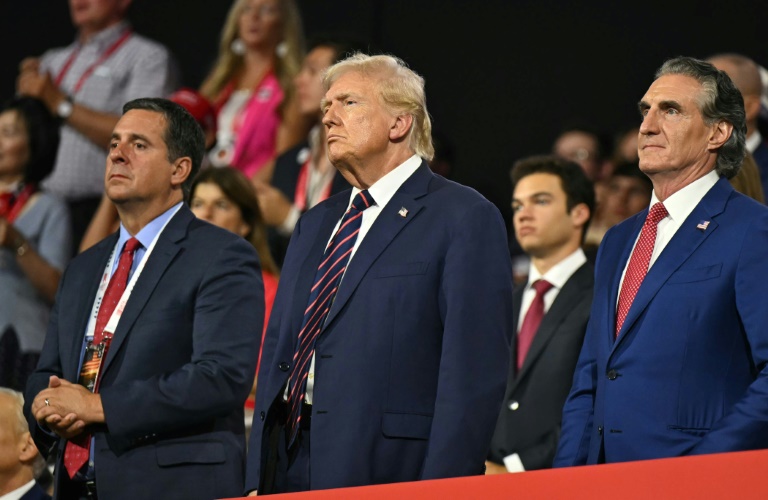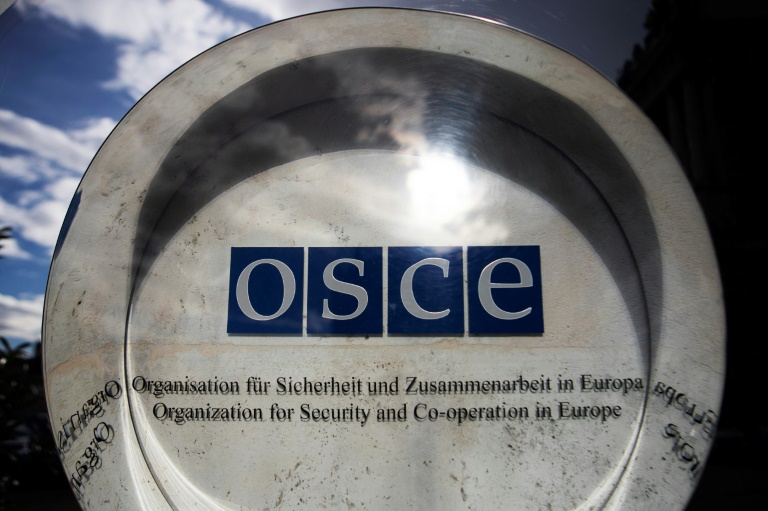Michigan Governor Gretchen Whitmer signed a series of climate and energy bills into law on Tuesday, committing the state to generating 100% of its electricity from clean energy sources by 2040.
Michigan now has one of the most aggressive decarbonization strategies of any US state, with the earliest committed net-zero date. Under the new legislative framework, utilities will be obligated to source 50% of their power from renewable energy sources by 2030, and 60% by 2035.
The legislation also authorizes the Michigan Public Service Commission to approve major renewable energy projects, instead of local authorities, in a bid to facilitate the auction and permitting processes.
“Michigan has set an aggressive target for creating a 100% net-zero-emissions energy system using sources like nuclear, solar, wind, geothermal and hydropower by 2040,” professor and chair of nuclear engineering and radiological sciences at the University of Michigan, said in reaction to the state legislature’s approval in early November. “This is a pragmatic approach that recognizes the value in using a range of available energy production possibilities.”
There is a caveat: Michigan will source 100% of electricity from clean energy sources (not necessarily renewable or carbon-free energy sources).
The 100% clean energy requirement can be divided into at most 40% power derived from lower-carbon sources including nuclear energy, hydrogen fuel produced from natural gas, or natural gas accompanied with carbon capture and storage technologies. The remaining 60% must be sourced from conventional “true” renewables (solar, wind and geothermal power) and hydroelectric power, which is known to generate substantial methane emissions.
“This legislation doesn’t mandate [utilities] to make decisions that would safeguard communities who may host fossil gas, carbon pipelines or nuclear and nuclear waste,” Michelle Martinez, director of the Tishman Center for Social Justice and the Environment at the University of Michigan, said in a statement last month.
In 2022, Michigan sourced 34.4% of its electrical generation from natural gas, and 29.4% from coal-fired plants. Only 11.1% of 2022 power output came from clean energy sources, as defined by the legislation signed Tuesday, with the remainder coming from nuclear power (22.4%).
Michigan’s new climate laws serve to further amplify the national profile of Whitmer. She is already considered a potential future presidential candidate for the Democratic Party, and will serve as a test of the Biden administration’s climate policies in a battleground state.
Michigan narrowly voted for Donald Trump in the 2016 Presidential Election, and then swung for Biden in 2020 by a margin of 2.8%. An October poll conducted by The New York Times and Siena College found Trump with a 5-point lead over Biden in Michigan ahead of the 2024 contest.






